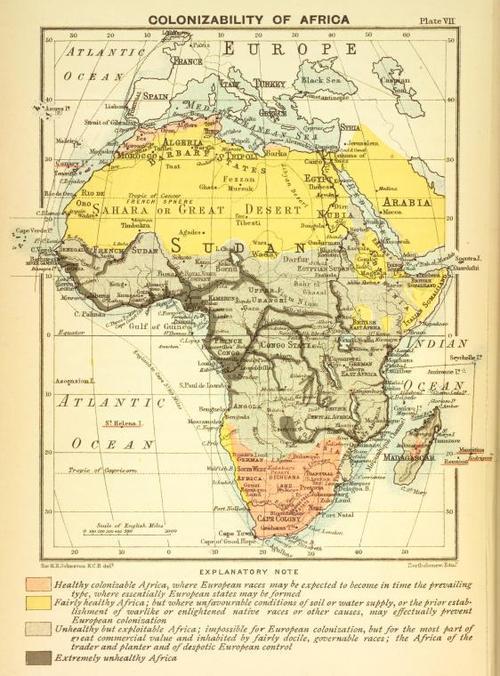Surge of China arms exports in Africa draws scrutinyAugust 27, 2012 12:07 am
By Colum Lynch / The Washington Post
UNITED NATIONS -- China's arms exports have surged over the past decade, flooding sub-Saharan Africa with a new source of cheap assault rifles and ammunition and exposing Beijing to international scrutiny as its lethal wares wind up in conflict zones in violation of U.N. sanctions.
Weapons from China have surfaced in a string of U.N. investigations in war zones stretching from the Democratic Republic of the Congo to Ivory Coast, Somalia and Sudan. China is by no means alone in supplying the arms that help fuel African conflicts, and there is no proof that China or its arms exporters have intentionally violated U.N. embargoes in any of those countries.
But China has stood apart from other major arms exporters, including Russia, for its assertive challenge to U.N. authority, routinely refusing to cooperate with U.N. arms experts and flexing its diplomatic muscle to protect its allies and curtail investigations that may shed light on its own secretive arms industry.
The stance highlights the tensions between China's responsibilities as a global power and its interests in exploiting new markets. It has also raised questions about whether Chinese diplomats have a grip on the reach of the country's influence in the arms industry beyond its borders.
Beijing has responded to the disclosures not by enforcing regulations at home but by using its clout within the Security Council to claw back the powers of independent U.N. arms investigators. Those efforts have helped undercut the independence of U.N. panels that track arms trading with Iran and North Korea.
"This is really a case of unbridled capitalism, and I think the Chinese government is not even always aware of what these companies are doing," said David Albright, president of the Institute for Science and International Security, which has been tracking Iran's and North Korea's procurement of nuclear technology from Chinese companies. When the Chinese are "confronted with evidence," Mr. Albright said, "they respond very defensively and legalistically."
China has blocked the release of embarrassing U.N. revelations of illicit arms transfers, stopped the reappointment of an arms expert who uncovered Chinese weapons and sought to restrict the budget to fund investigations. It has also consistently refused to allow U.N. investigators to trace the origin of Chinese weapons discovered in war zones.
The country's mission to the United Nations did not respond to repeated requests for comment for this report, but its representatives have repeatedly denied accusations that the country is violating sanctions.
More broadly, China has made clear that it has a philosophical aversion to sanctions, which were imposed on Beijing by the European Union following the Tiananmen Square events in 1989, and that it believes most major political disputes are better addressed through diplomatic talks.
Council diplomats say China has gone along with the proliferation of U.N. sanctions panels in order to maintain a cooperative relationship with the West, particularly the United States. Today, the United Nations enforces arms embargoes against 13 countries or groups, including the Taliban, al-Qaida and seven African countries.
But China's willingness to play along has been tested over the past decade as it has transformed itself from the world's largest importer of arms to a major producer, with domestic production exploding by 95 percent from 2002 to 2006 and from 2007 to 2011, making it the sixth-largest arms exporter in the world.
The trend has been most sharply felt in sub-Saharan Africa. According to the Stockholm International Peace Research Institute, it now accounts for 25 percent of the market, not including South Africa. Some of those arms have been diverted to conflict zones under U.N. sanctions.
In May 2011, a team of U.N. arms experts collected several high-explosive incendiary cartridges in the Darfur town of Tukumare, where Sudanese armed forces had recently battled rebels, according to a confidential report that was produced by three U.N. arms experts.
The cartridges -- which were manufactured in China in 2010, more than five years after the arms embargo first went into effect -- were compatible with weapons systems used in Sudan's attack aircraft. But China rebuffed requests by a U.N. panel to attempt to trace the cartridges back to their manufacturer.
It is in the case of Darfur, where Chinese ammunition has become a feature of annual U.N. reports, China has moved most aggressively to clamp down on a panel's findings.
In 2011, China blocked the release of the Darfur panel's report, then singled out the arms expert, Holger Anders of Germany, who had uncovered boxes of Chinese cartridges, and dismissed his work as unprofessional.
"An undergraduate student could have done better work," China's delegation told the panel, according to an account provided by an official familiar with the matter. Mr. Anders responded by presenting the Chinese with an envelope filled with cartridges and asking them to analyze them themselves, according to the official, who declined to speak for the record because of the sensitivity of the issue.
The Chinese diplomats took the shells, but never responded.
In January 2011, China placed a hold on the U.N. decision to renew Mr. Anders's contract, effectively shutting him out of the Security Council panels. Mr. Anders has since gone to work for the U.N. peacekeeping mission in Ivory Coast.



